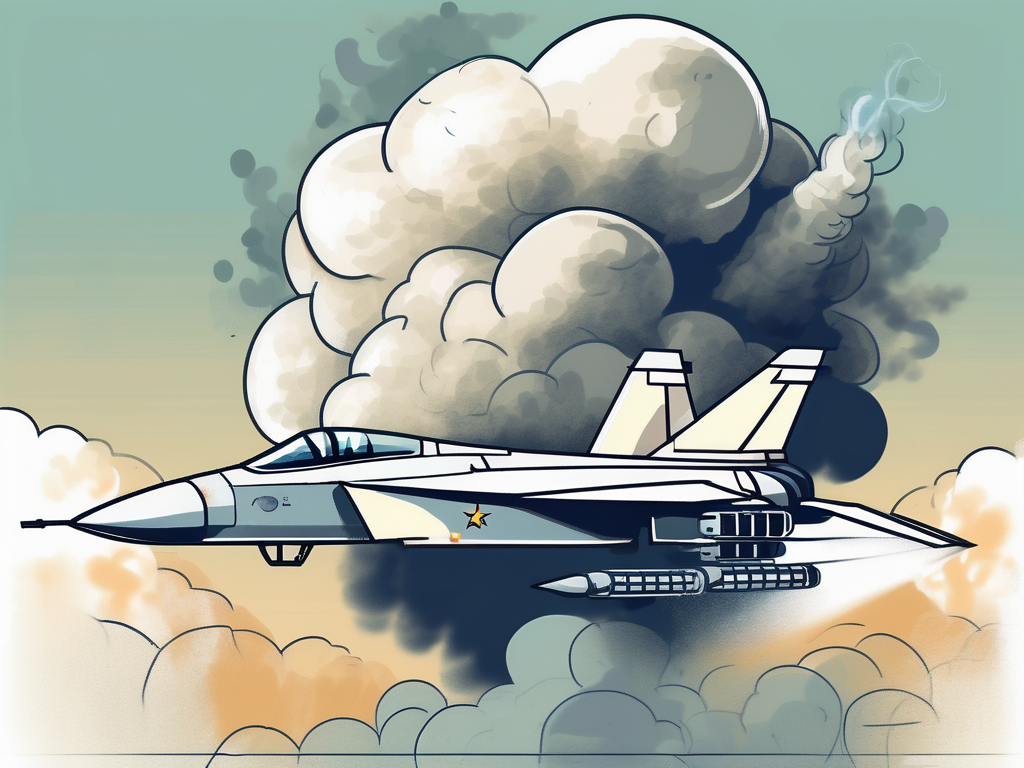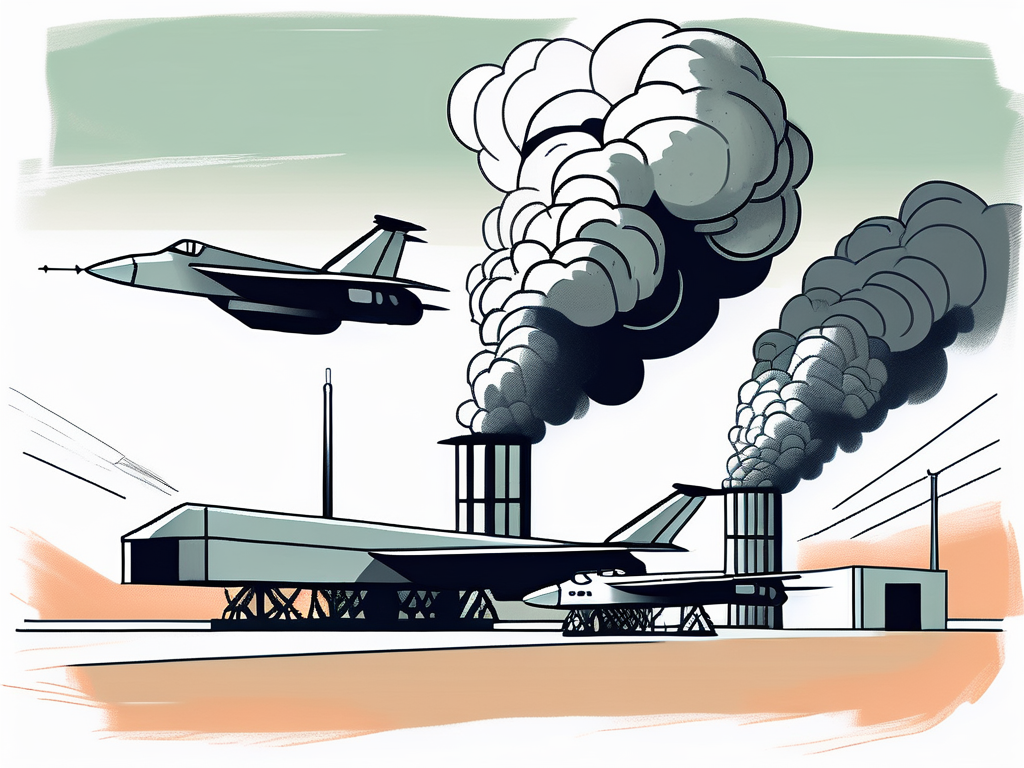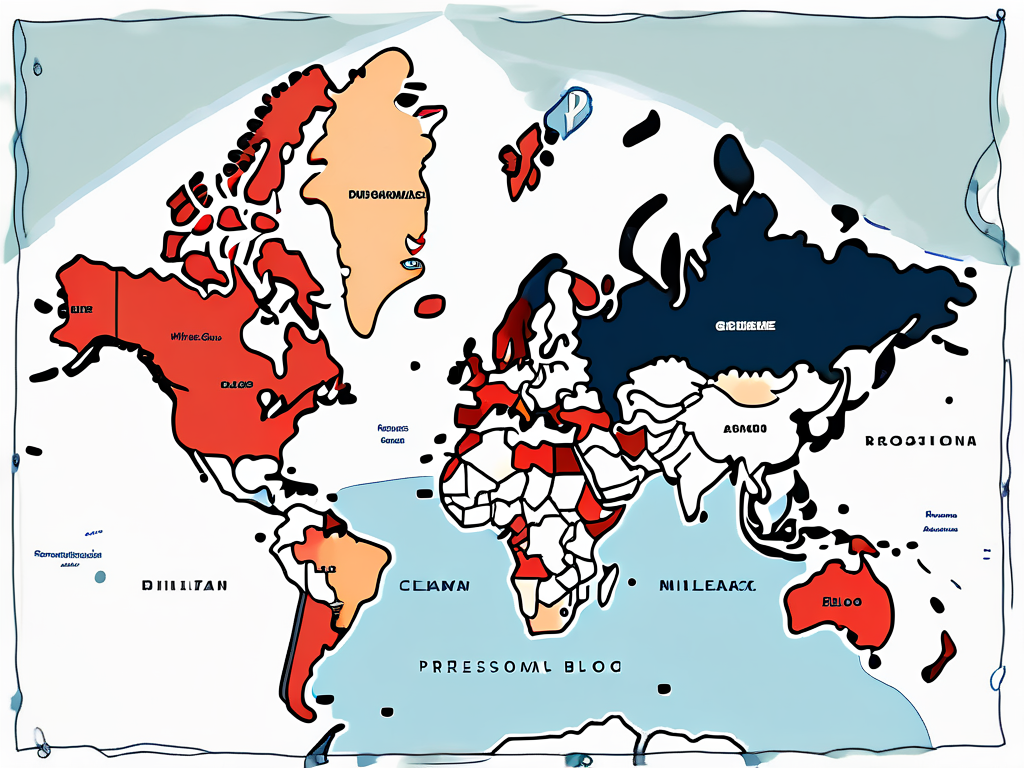Israel Attack on Iran Nuclear Plant Today
Israel Attack on Iran Nuclear Plant Today: In a startling turn of events, Israel has carried out a bold and unprecedented attack on Iran’s nuclear plant. This act of aggression has sent shockwaves through the international community and raised concerns about the potential consequences. To fully understand the implications of this attack, it is crucial to delve into the historical context of Israel and Iran nuclear tensions.

Understanding the Context: Israel and Iran Nuclear Tensions
For decades, Israel and Iran have been engaged in a complex and tumultuous relationship. Stemming from longstanding political, religious, and ideological differences, the two nations have consistently found themselves at odds with each other. These tensions have been further exacerbated by Iran pursuit of nuclear capabilities.
A Brief History of Israel-Iran Relations
Israel and Iran relationship has been marred by conflicts and diplomatic standoffs. This animosity dates back to the 1979 Iranian Revolution, which led to Iran becoming an Islamic Republic under Ayatollah Khomeini. Since then, Iran rhetoric against Israel, coupled with its support for militant groups, has strained the bilateral ties.
Amidst this strained relationship, there have been occasional moments of cooperation and even friendship. In the 1950s and 1960s, before the Islamic Revolution, Israel and Iran enjoyed a close alliance. They shared intelligence, engaged in military cooperation, and even had economic ties. However, the revolution and the subsequent rise of an anti-Israel regime drastically changed the dynamics between the two countries.
Over the years, Israel has viewed Iran support for militant groups such as Hezbollah and Hamas as a direct threat to its security. Iran leaders, on the other hand, have consistently criticized Israel’s policies towards Palestinians and have called for its destruction. These conflicting views and actions have deepened the animosity between the two nations.
The nuclear issue further heightened tensions. Iran insists that its nuclear program is for peaceful purposes, but many countries, including Israel, suspect that Iran intends to develop nuclear weapons—a red line that Israel is not willing to accept. The fear of a nuclear-armed Iran has led Israel to take a proactive stance, including covert operations and cyberattacks, to disrupt Iran’s nuclear program.
The Role of Nuclear Power in the Conflict
The pursuit of nuclear power has been a contentious issue between Israel and Iran. Israel, widely believed to be the only nuclear-armed nation in the Middle East, has long voiced concerns over Iran’s nuclear program. It fears that a nuclear-armed Iran would pose an existential threat.
Conversely, Iran sees its nuclear program as a matter of national pride and energy security. It argues that it has the right, under the Nuclear Non-Proliferation Treaty, to develop nuclear power for peaceful purposes. Iran has consistently maintained that it does not seek nuclear weapons and that its program is solely for civilian use.
However, Israel and many other countries remain skeptical of Iran’s intentions. They point to Iran history of deception and non-compliance with international agreements as reasons for concern. The lack of transparency surrounding Iran nuclear activities has only fueled suspicions and deepened the divide between the two nations.
This disagreement on the legitimacy and intentions of Iran nuclear program has been a major sticking point in the Israel-Iran relationship. It has led to a series of diplomatic confrontations, economic sanctions, and even military threats. The future of this ongoing conflict remains uncertain, as both Israel and Iran continue to navigate the complex landscape of nuclear tensions in the Middle East.
The Attack on Iran Nuclear Plant: An Overview
The recent attack on Iran nuclear plant marks a significant escalation in the Israel-Iran conflict. Let’s delve deeper into the intricacies and implications of this high-stakes event.
The attack on Iran nuclear plant not only represents a military strike but also serves as a symbolic move in the ongoing geopolitical tensions between Israel and Iran. The ramifications of this operation extend beyond the physical damage inflicted on the nuclear facility, reverberating through diplomatic channels and strategic alliances in the region.
The Timeline of the Attack
The meticulously planned attack on Iran nuclear plant unfolded in the early hours of the morning, shrouded in secrecy and precision. Israeli fighter jets, equipped with advanced technology and strategic expertise, executed a targeted strike aimed at disrupting Iran nuclear capabilities without causing widespread collateral damage.
While the details surrounding the attack remain shrouded in speculation and unofficial statements, the strategic timing and coordinated nature of the operation indicate a calculated move designed to send a clear message to Iran and other regional powers.
The Parties Involved
Behind the scenes of the attack on Iran nuclear plant, a complex web of actors and agencies are intertwined in a high-stakes game of intelligence and strategy. Israel’s renowned intelligence agencies, including Mossad, are speculated to have played a pivotal role in gathering crucial information and planning the precise execution of the mission.
Furthermore, the decision-making process leading to the attack likely involved top military officials and government authorities in Israel, reflecting a strategic consensus on the necessity and implications of such a bold military maneuver. On the other side of the conflict, Iran response to the attack underscores the country’s vulnerability to external threats and the challenges it faces in safeguarding its strategic assets.
The Immediate Aftermath and Reactions
The attack on Iran nuclear plant has elicited strong reactions from both Iran and Israel. Let’s examine their responses and the subsequent developments.

Iran Response to the Attack
Unsurprisingly, Iran has vehemently condemned the attack as an act of aggression and a violation of its sovereignty. The country’s leaders have vowed to retaliate and have called upon the international community to condemn Israel. Their response is marked by a sense of outrage and defiance, underscoring the deep-rooted animosity between the two nations.
In the wake of the attack, Iran has mobilized its military forces and heightened security measures across key installations. The government has also issued statements reaffirming its commitment to its nuclear program, framing it as a peaceful pursuit of energy independence and technological advancement. The incident has galvanized public support for the regime, with large-scale demonstrations taking place in major cities, denouncing foreign interference and rallying behind national unity.
Israel’s Official Statements
Israel, while not explicitly claiming responsibility, has made statements expressing its commitment to preventing Iran from obtaining nuclear weapons. Israeli officials have cited security concerns and the need to protect their country’s interests as justifications for the attack. They assert that Israel will not tolerate any perceived threats to its existence.
However, Israel also emphasizes that it does not seek an all-out war and hopes to diffuse tensions through diplomatic channels, although the effectiveness of such efforts remains uncertain.
In the international arena, Israel has garnered both support and criticism for its actions. While some countries have voiced solidarity with Israel’s security concerns and right to self-defense, others have condemned the attack as a destabilizing move that could escalate regional tensions. The incident has reignited debates on the delicate balance of power in the Middle East and the implications of military strikes on nuclear facilities in an already volatile region.
Global Implications of the Attack
The attack on Iran nuclear plant reverberates far beyond the borders of Israel and Iran. The international community is closely monitoring the developments and assessing the broader implications.

Impact on Nuclear Non-Proliferation Efforts
Perhaps the most significant concern arising from this attack is its potential impact on global efforts to curb the proliferation of nuclear weapons. The attack comes at a time when the international community is striving to uphold the nuclear non-proliferation regime, strengthen the Nuclear Non-Proliferation Treaty, and discourage countries from seeking nuclear capabilities.
The attack may not only erode trust between nations but also encourage others to pursue nuclear weapons as a means of deterring potential threats. It poses a serious challenge to the fragile architecture of international nuclear disarmament efforts.
Reactions from the International Community
The attack has prompted mixed reactions from the international community. While some countries strongly condemn the unilateral action taken by Israel, others view it as a necessary step to protect regional stability and prevent Iran from obtaining nuclear weapons.
The incident has reignited debates and discussions at various international forums, including the United Nations Security Council, where countries hold divergent views on the legality and legitimacy of the attack.
Looking Ahead: Potential Scenarios and Consequences
As the dust settles, the attack on Iran nuclear plant raises many questions about the future trajectory of this conflict and its potential consequences. Let’s explore some of the scenarios that may unfold.
Possible Escalation of the Conflict
The attack has heightened the risk of a full-blown military confrontation between Israel and Iran. The strike could elicit a strong response from Iran, leading to a dangerous escalation of hostilities in the region. The situation remains highly fluid, with the potential for unforeseen developments that could further exacerbate the conflict.
Moreover, the involvement of other regional actors, such as Hezbollah in Lebanon or Hamas in Gaza, adds a layer of complexity and raises concerns about broader conflict.
The Role of Diplomacy in Resolving Tensions
While the situation appears grim, diplomacy remains a crucial tool in bringing about a peaceful resolution to the Israel-Iran conflict. International mediation and dialogue will play a critical role in de-escalating tensions and addressing the underlying grievances between the two nations.
Moreover, the incident serves as a stark reminder of the urgency to revive multilateral nuclear negotiations and find a diplomatic solution that satisfies the security concerns of all parties involved.
Conclusion
Israel’s attack on Iran nuclear plant today has far-reaching consequences. It not only deepens the long-standing tensions between the two nations but also has significant implications for global security and nuclear non-proliferation efforts.

The full extent of the fallout from this attack is yet to be seen. As the international community observes the events unfolding, it is crucial to recognize the complexities involved and remain committed to pursuing diplomatic avenues to alleviate tensions and prevent further escalation.

